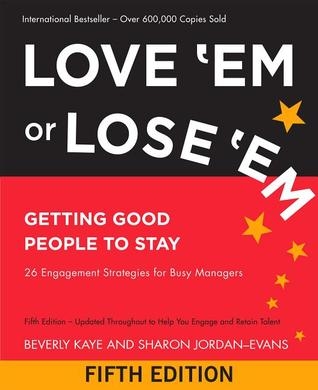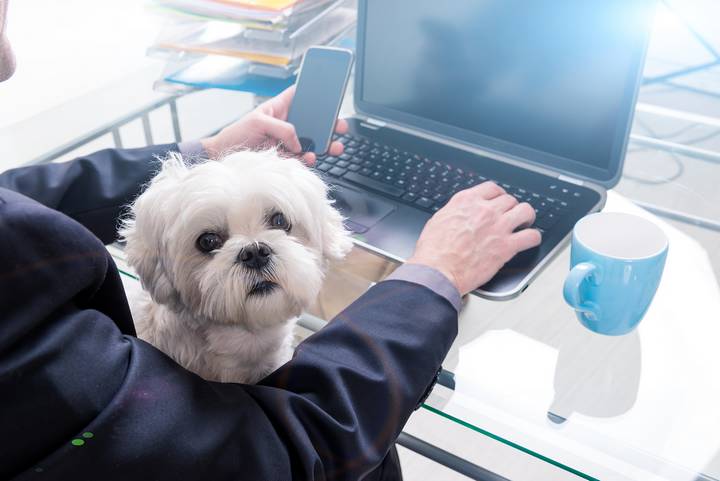
Working from home has perks—no commute, a flexible schedule, and the chance to spend more time with your furry friends. But if you’ve recently brought home a puppy, those days of seamless productivity might seem distant. With their endless energy and need for attention, puppies can turn your once-organized home office into a playground of distractions.
Balancing work demands while raising a puppy is challenging but entirely possible. With a little preparation, patience, and the right strategies, you can create a harmonious environment that benefits both your workflow and your pup’s well-being. This guide will explore practical tips on managing your workload and puppy needs simultaneously.
Establish a Routine Early On
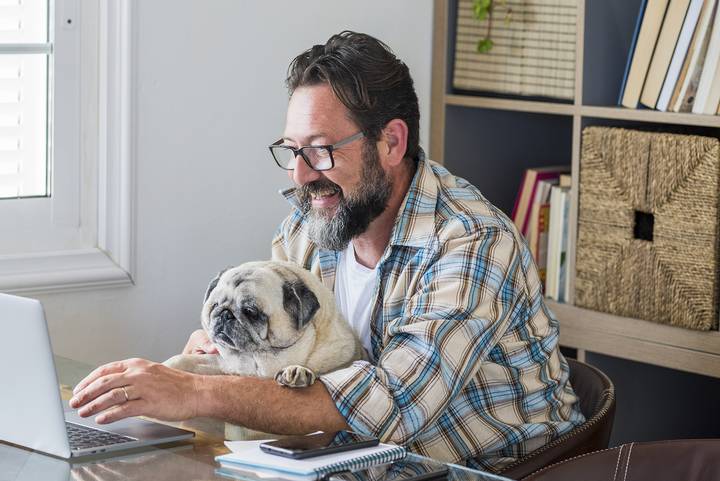
Setting up a routine is the first step in balancing work and puppy care. Puppies do well with consistency, so having set times for meals, bathroom breaks, and playtime will make them feel secure. This predictability helps you manage your work hours better. Try to feed, walk, and play with your puppy at the same time each day.
When your puppy knows what to expect, they’ll settle into your daily rhythm. Use these breaks to step away from your desk, stretch your legs, and clear your mind. This routine prevents burnout for you and your puppy, keeping you both happy and productive.
Create a Puppy-Proof Workspace
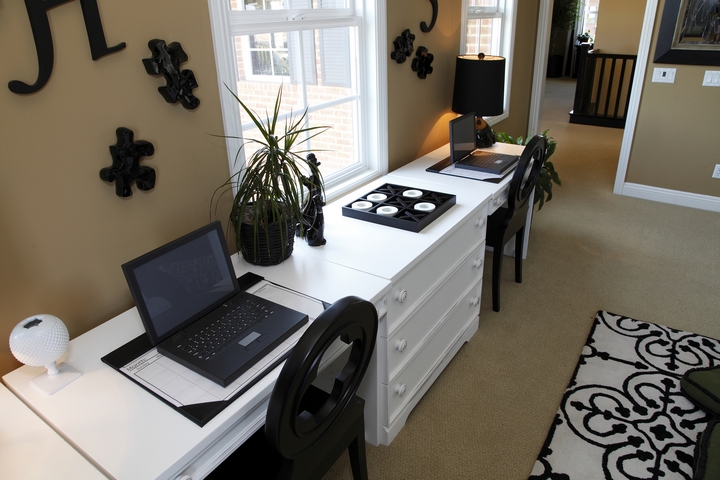
A good work environment is critical, especially with a puppy at home. Make sure your workspace is safe by removing anything that could be chewed or swallowed, like wires or pens. Secure computer cables and use baby gates to block off off-limits areas.
Create a specific area in your home where your puppy can rest or play while you work. Give them their bed, toys, and a safe space to explore. This will keep them entertained and out of trouble. Setting clear boundaries will minimize distractions and help you stay focused at work.
Provide Dog Food
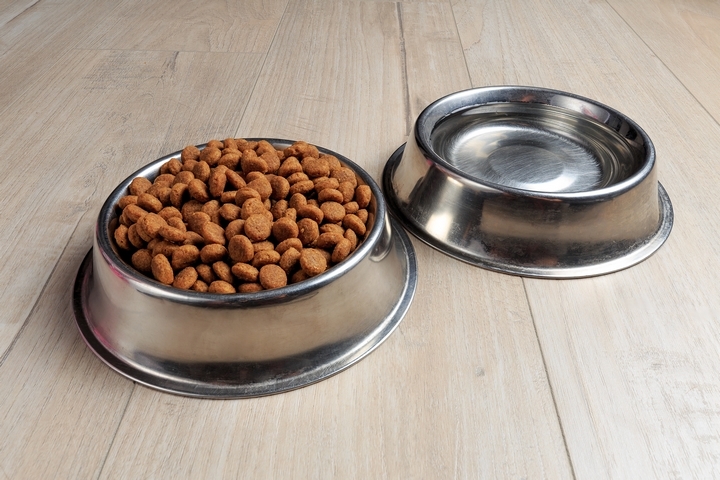
Feeding your puppy a balanced and nutritious diet is key for their growth and health, and it can also affect their behaviour during your workday. Puppies need different nutrients compared to adults, so it’s important to choose dog food made for their age and size. Good-quality puppy food with plenty of protein, healthy fats, vitamins, and minerals will help them grow and give them energy for playing and learning.
Regular feeding times can help structure your day by giving you natural breaks from work. Ensure that fresh water is provided and that overfeeding is avoided, as this could cause digestive issues, leading to more bathroom breaks. A healthy, well-fed puppy is likely to be calmer and happier, letting you focus better during work hours.
Add Playtime to Your Routine
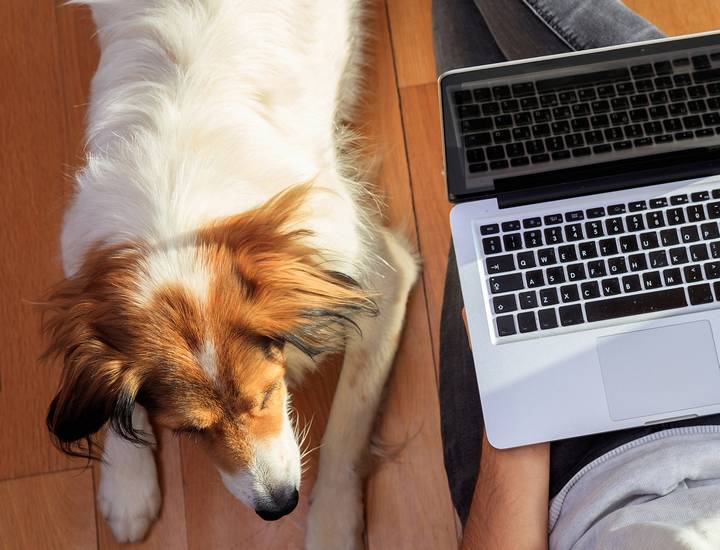
Puppies have lots of energy in short bursts and need regular daily play sessions. To handle this, schedule quick, interactive playtimes between work tasks. These breaks can be used to teach basic commands, practice leash walking, or just let off some steam with a game of fetch or tug-of-war.
Playtime wears out your puppy and gives you a mental break. When your puppy is tired, they’re more likely to rest quietly, letting you concentrate on your work. By making playtime a daily habit, you can satisfy your puppy’s needs and work demands.
Train Your Puppy to Be Independent
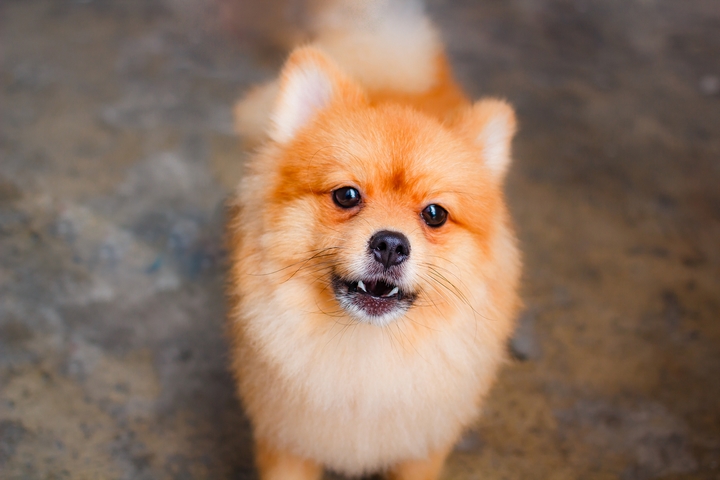
Teaching your puppy to be okay alone is one of the most valuable skills. This is key when working from home since it allows you to focus on tasks without constant interruptions. Start by encouraging your puppy to spend short times alone in a specific area, like a crate or playpen, with a favourite toy or chew.
Gradually extend their alone time while rewarding calm behaviour. This helps prevent separation anxiety and teaches your puppy that it’s fine to relax on their own. Over time, your puppy will get used to keeping themselves entertained, giving you the freedom to finish tasks without guilt.
Use Interactive Toys and Puzzles
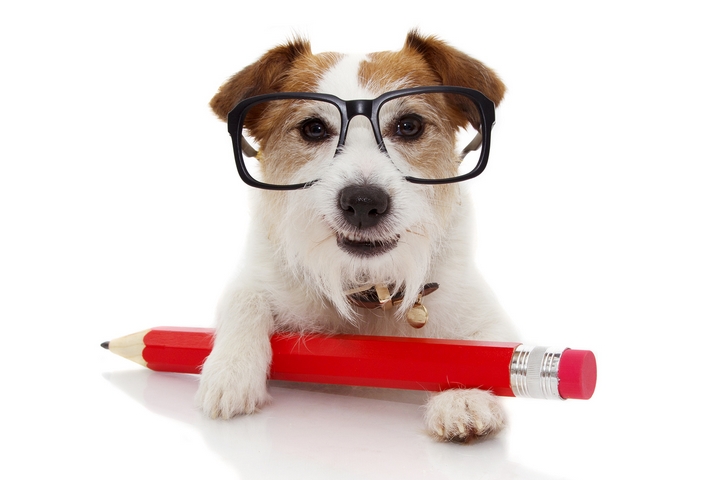
Interactive toys and puzzles are an excellent way to keep your puppy busy while you work. These toys challenge their minds and provide mental exercise, just as important as physical activity. Think about getting treat-dispensing toys or puzzle feeders that will keep your puppy entertained for longer.
By giving mentally stimulating toys, you can reduce boredom-related mischief. Change the toys regularly to keep your puppy interested, and use them during your workday to get some uninterrupted time. The more engaged your puppy is, the less likely they are to get into trouble.
Schedule Potty Breaks Consistently

Puppies have small bladders and need frequent bathroom breaks, especially in the early months. To avoid accidents while working, take regular bathroom breaks throughout the day. Take your puppy outside first thing in the morning, after meals, and at regular times to build a dependable routine.
Setting alarms or reminders on your phone can help you not miss a potty break. This helps with house training and prevents interruptions during essential meetings or focus time. Consistency is crucial in potty training, and sticking to a regular schedule will lead to fewer accidents and smoother work hours.
Make Use of Naptime

Puppies, like babies, need lots of sleep-often 18-20 hours a day. Naptimes are great chances to tackle your toughest work tasks. When your puppy lies down for a nap, use the quiet time to focus on meetings, calls, or work that needs deep concentration.
To encourage regular naps, ensure your puppy gets plenty of exercise and mental stimulation while awake. A tired puppy will nap, giving you uninterrupted productivity. Take advantage of these quiet periods to get ahead on your work.
Seek Help When Needed
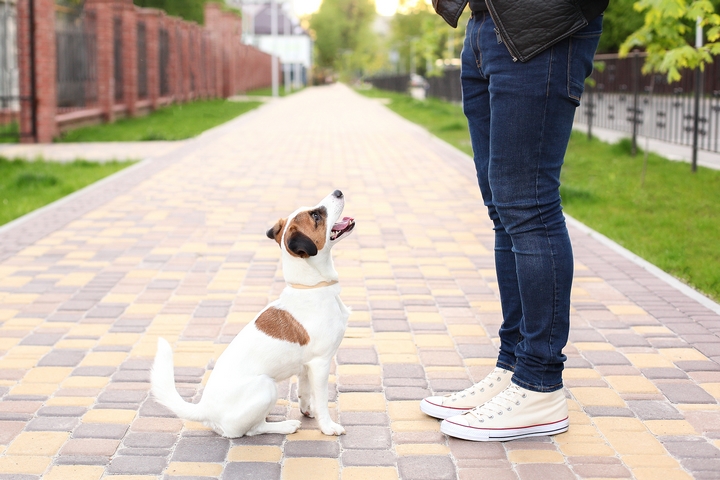
Balancing a full-time job and caring for a puppy can sometimes feel overwhelming. Don’t hesitate to seek help when needed. Consider hiring a dog walker or pet sitter to give you a break during hectic workdays. Alternatively, if you have a trusted friend or family member nearby, they might be willing to puppy-sit for a few hours.
Professional dog trainers or puppy daycare centres can also be helpful resources, especially if you’re dealing with behavioural issues or need time to catch up on work. Asking for help doesn’t mean you’re failing; it’s about finding the right balance between your personal and professional lives.





